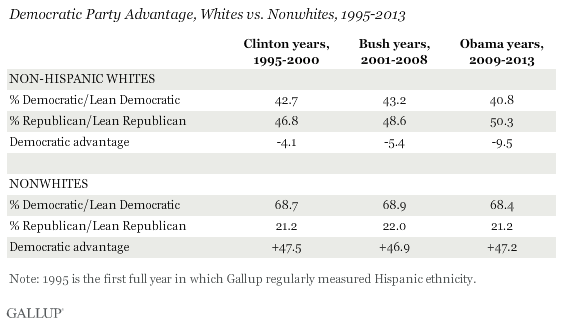CS Lewis is known for his
Chronicles of Narnia book series and
Mere Christianity. Often apologetics is viewed as merely an issue of reasoning people to faith. Here's an
interesting discussion of the role imagination, stories and images play in faith and finding truth.
Of course, everyone recognizes Lewis's great imaginative gifts. Often
people will say that his great strength was his ability to present
Christianity both rationally and imaginatively.
His rational approach is seen in The Abolition of Man, Miracles, and, at a more popular level, Mere Christianity.
These works show Lewis's ability to argue: to set forth a propositional
case, proceeding by logical steps from defined premises to carefully
drawn conclusions, everything clear, orderly, and connected.
And his imaginative side, so the argument goes, is seen in The Screwtape Letters, The Great Divorce, and, at a more accessible level,The Lion, the Witch and the Wardrobe.
These works show his ability to dramatize: to set forth an attractive
vision of the Christian life, proceeding by means of character and plot
to narrate an engaging story, everything colorful, vibrant, and active.
By these accounts, Lewis's rational works and imaginative works are
different and distinct. They are two discrete modes in which he
presented the faith. And it makes sense that we would think this way:
The dichotomy between reason and imagination is how we have been taught
to think ever since the so-called Enlightenment of the 17th and 18th
centuries. Reasonable people don't need imagination. Imaginative people
don't need reasons.
Yet in Lewis' thinking reason and imagination work together.
All our truth, or all but a few fragments, is won by metaphor," Lewis
wrote in his essay "Bluspels and Flalansferes." Similitudes, seeing one
thing in terms of another, finding meanings here which correspond with
what we want to say there, are for Lewis the essence of meaningful
thought. "For me, reason is the natural organ of truth," Lewis wrote,
"but imagination is the organ of meaning. Imagination . . . is not the
cause of truth, but its condition." In other words, we don't grasp the
meaning of a word or concept until we have a clear image to connect it
with.
...Lewis took this one step further. For Lewis, meaning is "the antecedent
condition of both truth and falsehood." In other words, before something
can be either true or false, it must mean something. Even a
lie means something, and a lie understood as a lie can be very
instructive. Reason, "the natural organ of truth," is our ability to
discern true meanings from false meanings. But the meaning comes first.
So, imagination has to operate before reason. Reason depends on imagination to supply it with meaningful things that it can then reason about.



